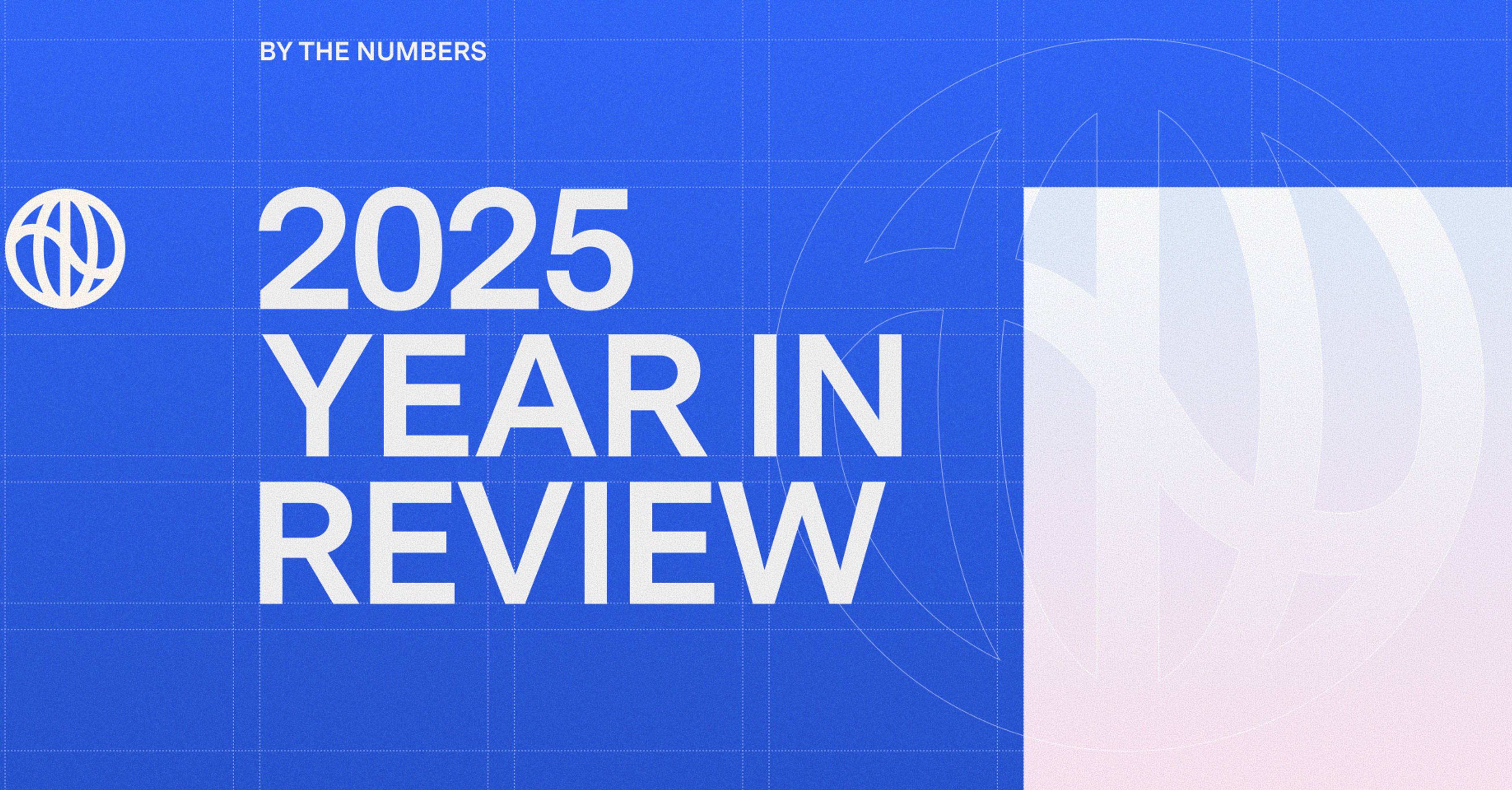Talks on the EU’s sustainability Omnibus shift from principles to positions
In the European Parliament, the lead negotiator Jörgen Warborn (EPP) has released his draft report on the EU’s sustainability Omnibus. Warborn’s report proposes significant changes to the Commission’s Omnibus text:
- Lifting the scope for compliance under the CSRD and CSDDD to firms with 3,000 employees and €450 million in turnover;
- Removing the requirement for companies to adopt a climate transition plan under the CSDDD.
The report maintains the Commission’s proposal for a civil liability regime set at Member State level, rather than harmonised across the EU. Importantly, Warborn’s report is a working proposal from the Parliament’s largest political group (the EPP), not the Parliament’s final negotiating position.
Other political groups in the Parliament have until late June to suggest amendments to the report. From there, intergroup negotiations will aim to produce a final Parliament position by October. A reminder: the Parliament, Council, and Commission are the three EU bodies that will agree the final version of the Omnibus between them, with those “trilogue” talks beginning once each has firmed up its own negotiating position.
Meanwhile, as negotiations on which companies are within the scope of the CSRD continue, EFRAG is conducting parallel work to simplify which datapoints those companies will need to report under the European Sustainability Reporting Standards (ESRS). On Friday, EFRAG will submit a written update to the Commission, including a first draft of the revised standards. It’s not yet clear how detailed this draft will be, but it should be an early indication of the simplification’s direction. A formal consultation on a detailed iteration of the new ESRS will begin in July, giving companies further indication of how reporting might look under the slimmed-down ESRS.
New York’s climate disclosure bill stalls
New York lawmakers closed their legislative session last week without voting on the Climate Corporate Data Accountability Act (SB S3456), a proposed climate disclosure law modelled on California’s SB 253. The bill would have required companies with more than $1 billion in revenue doing business in New York to report scope 1 and 2 emissions starting in 2027, with assurance escalating from limited to reasonable by 2031. Scope 3 reporting would have followed from 2028, with assurance standards to be determined later.
Supporters anticipate reintroducing the bill when the legislature reconvenes in January 2026, which would likely push back compliance timelines by a year. Until then, California remains the only state with binding corporate climate disclosure laws on the books, with implementation of SB 253 and SB 261 already underway.
For companies, the takeaway is clear: California’s rules remain the primary reference point, but New York is still firmly in play. If passed next year, it could quickly become the second anchor of a multi-state disclosure regime.
ISSB expands implementation support as jurisdictions move at different speeds
The International Sustainability Standards Board (ISSB) is stepping up implementation support as more jurisdictions move toward adopting or aligning with its reporting standards. While there is clear momentum behind the standards, jurisdictions are advancing at different speeds. In both Canada and the UK, for example, questions remain about the precise next steps for promised implementation, with further detail still to come.
To address this, the IFRS Foundation (which oversees the ISSB) has published a series of jurisdictional profiles outlining where and how ISSB standards are being adopted worldwide, a move that brings more transparency to the global rollout of the S1 and S2 reporting standards.
The IFRS also released new educational material to help companies interpret greenhouse gas emissions disclosure requirements under the S2 disclosure standard. The guidance addresses some of the practical questions around emissions measurement and should prove useful to companies preparing for audit-grade emissions reporting. It was released alongside a consultation on potential relief for certain finance-related scope 3 disclosures, which recognizes the technical and data challenges faced by many financial services industry preparers.











